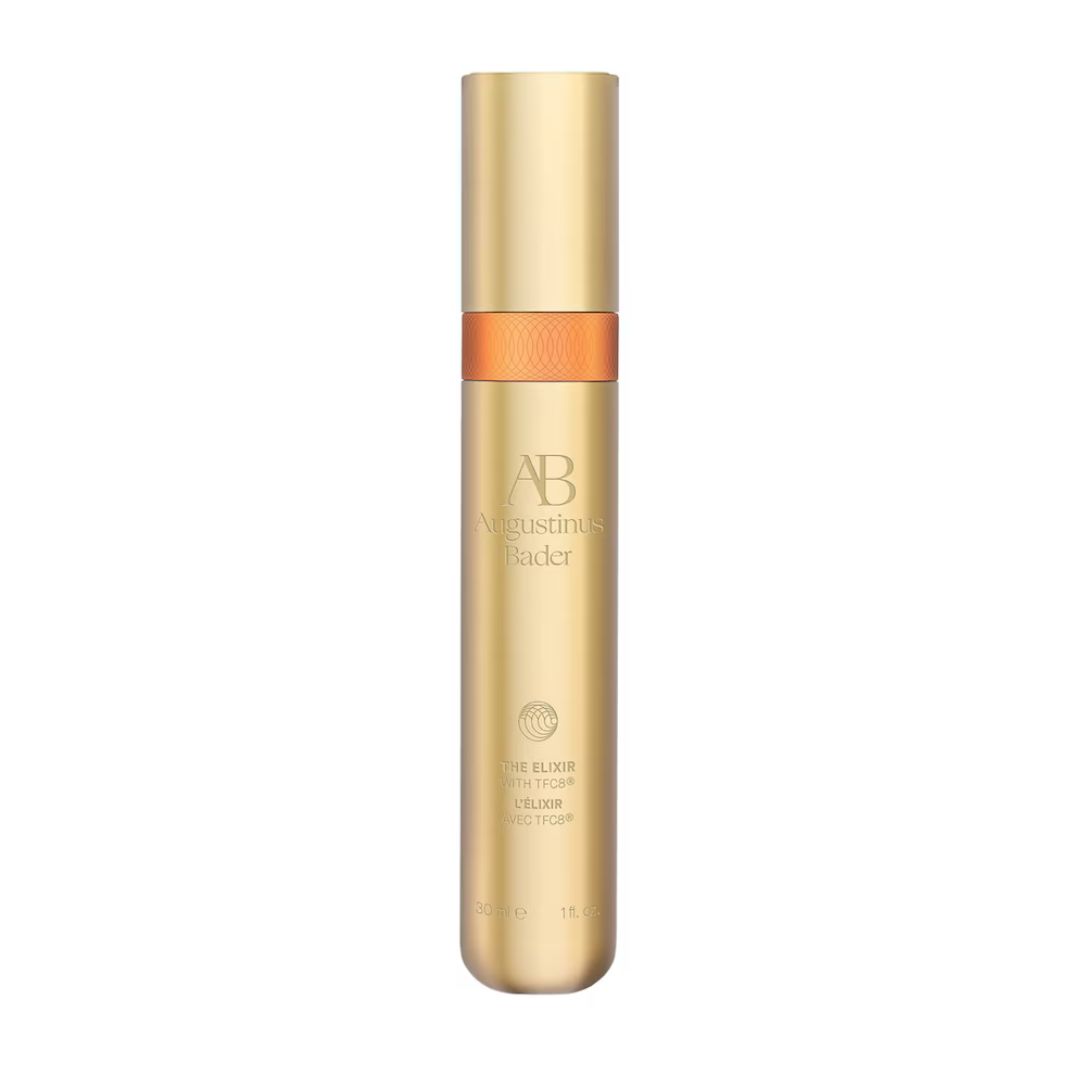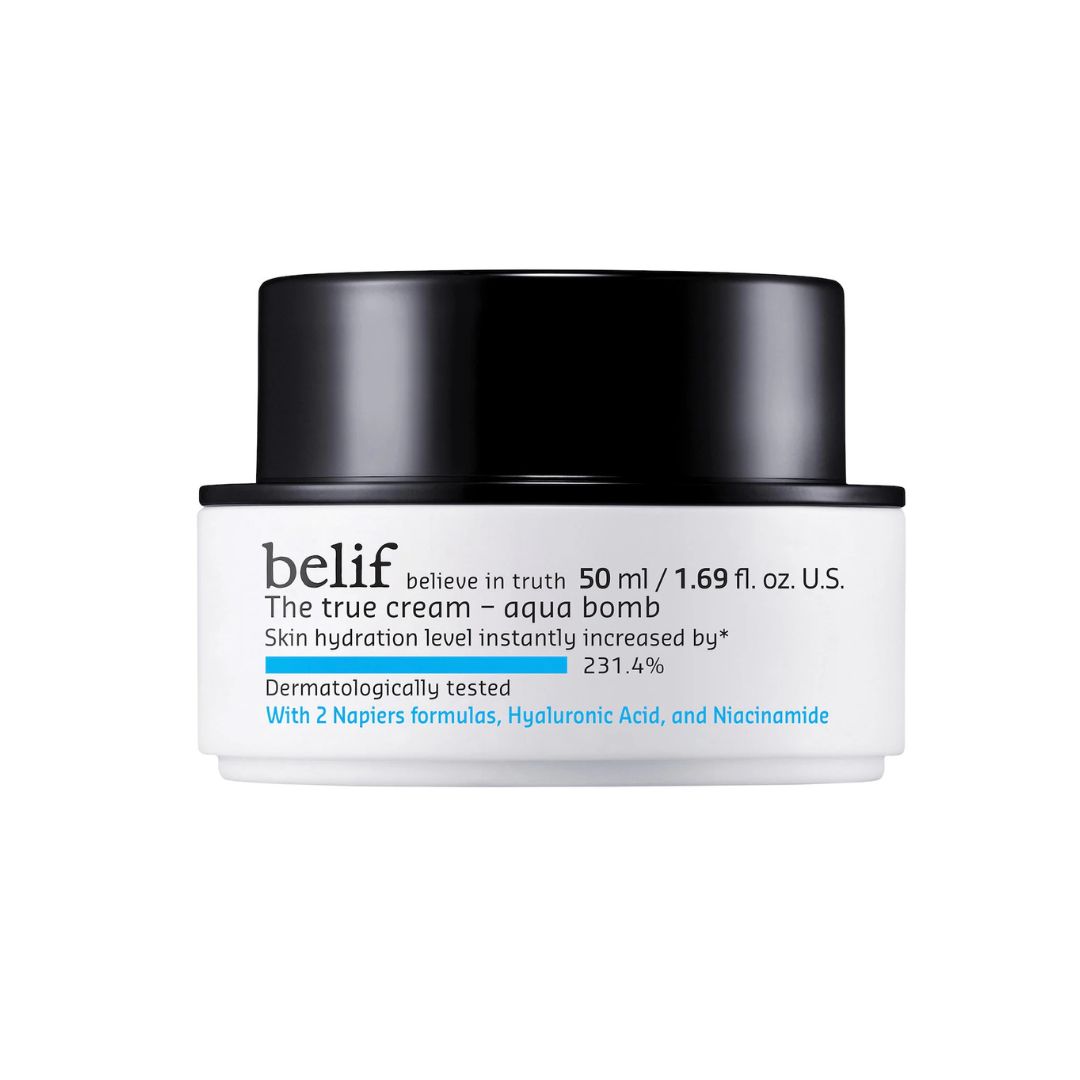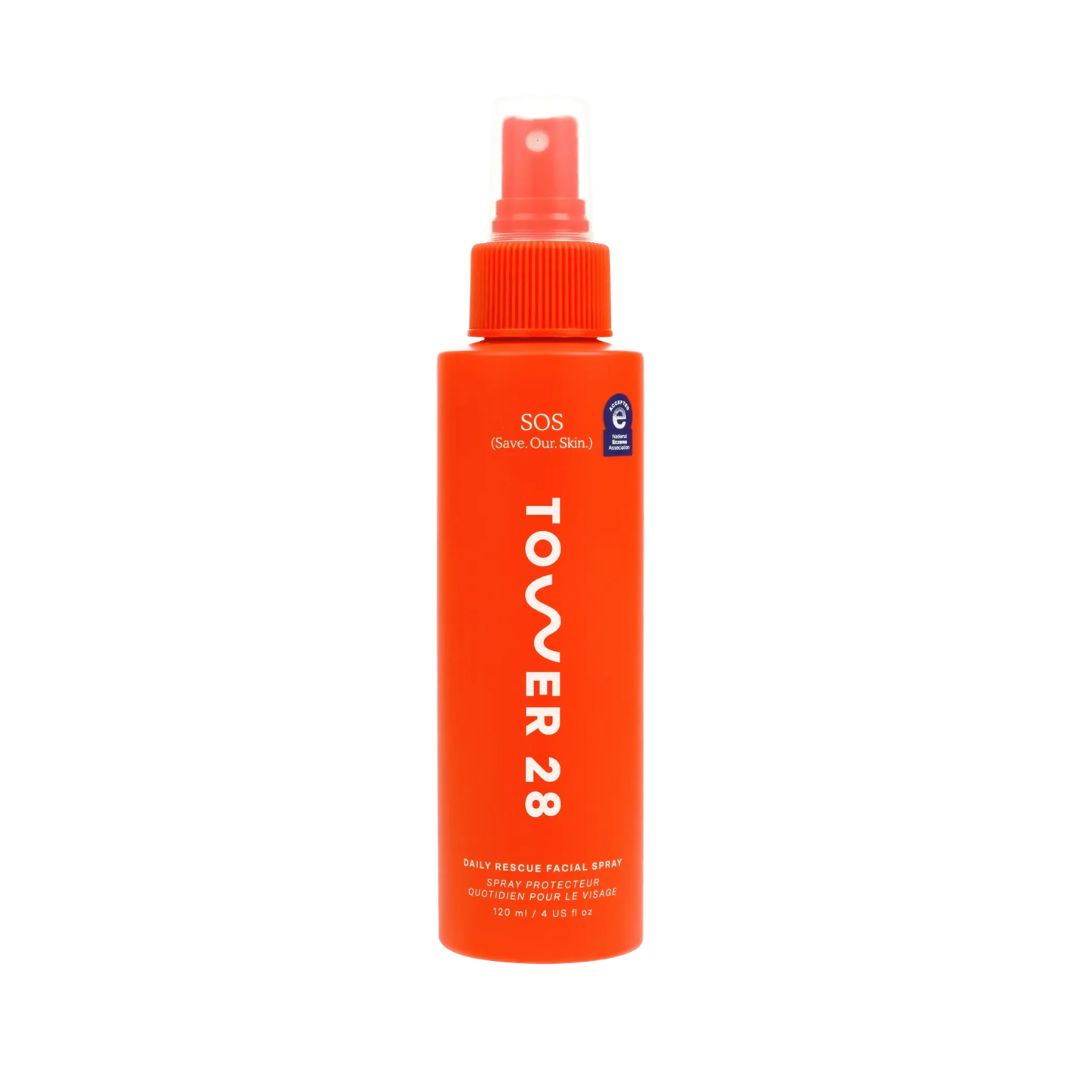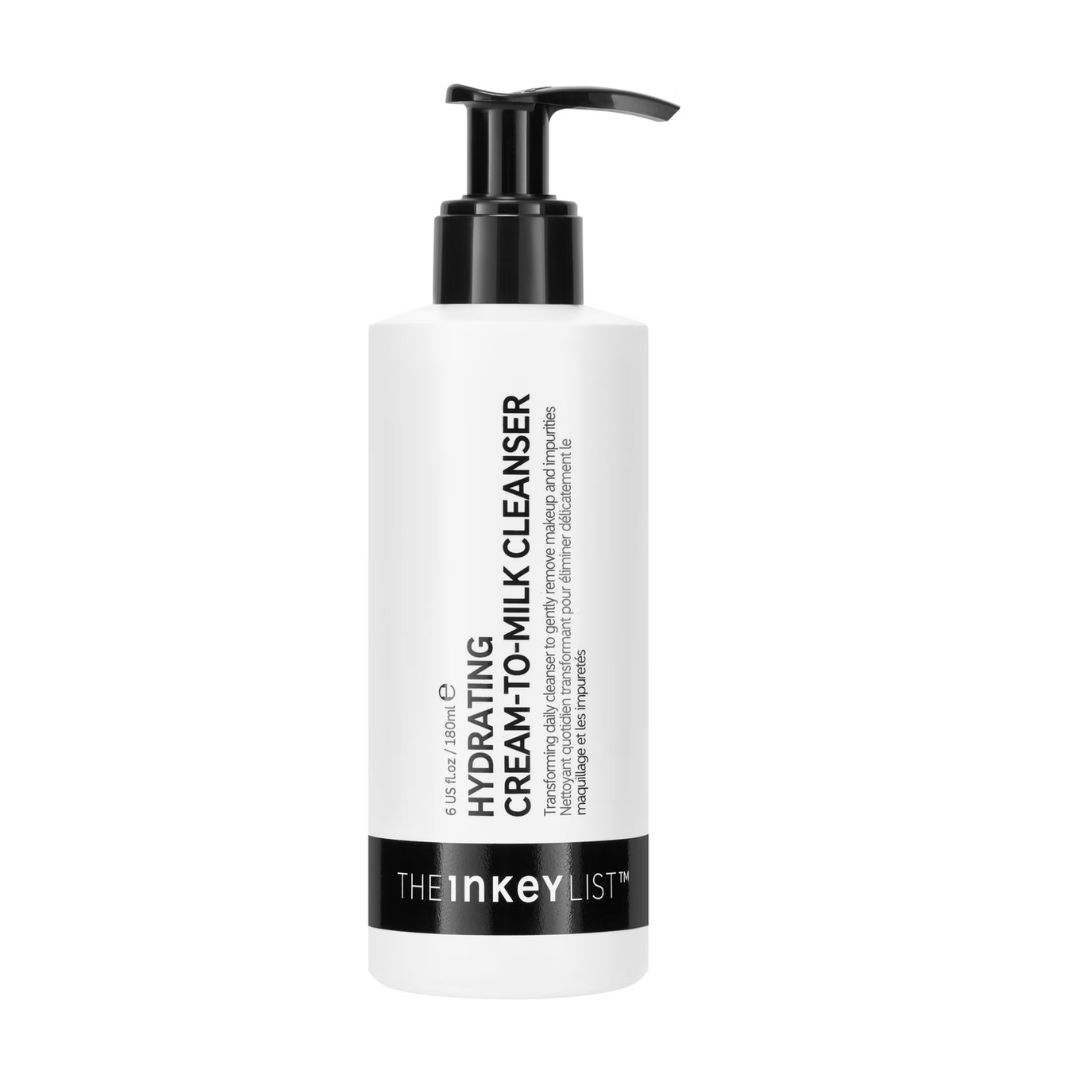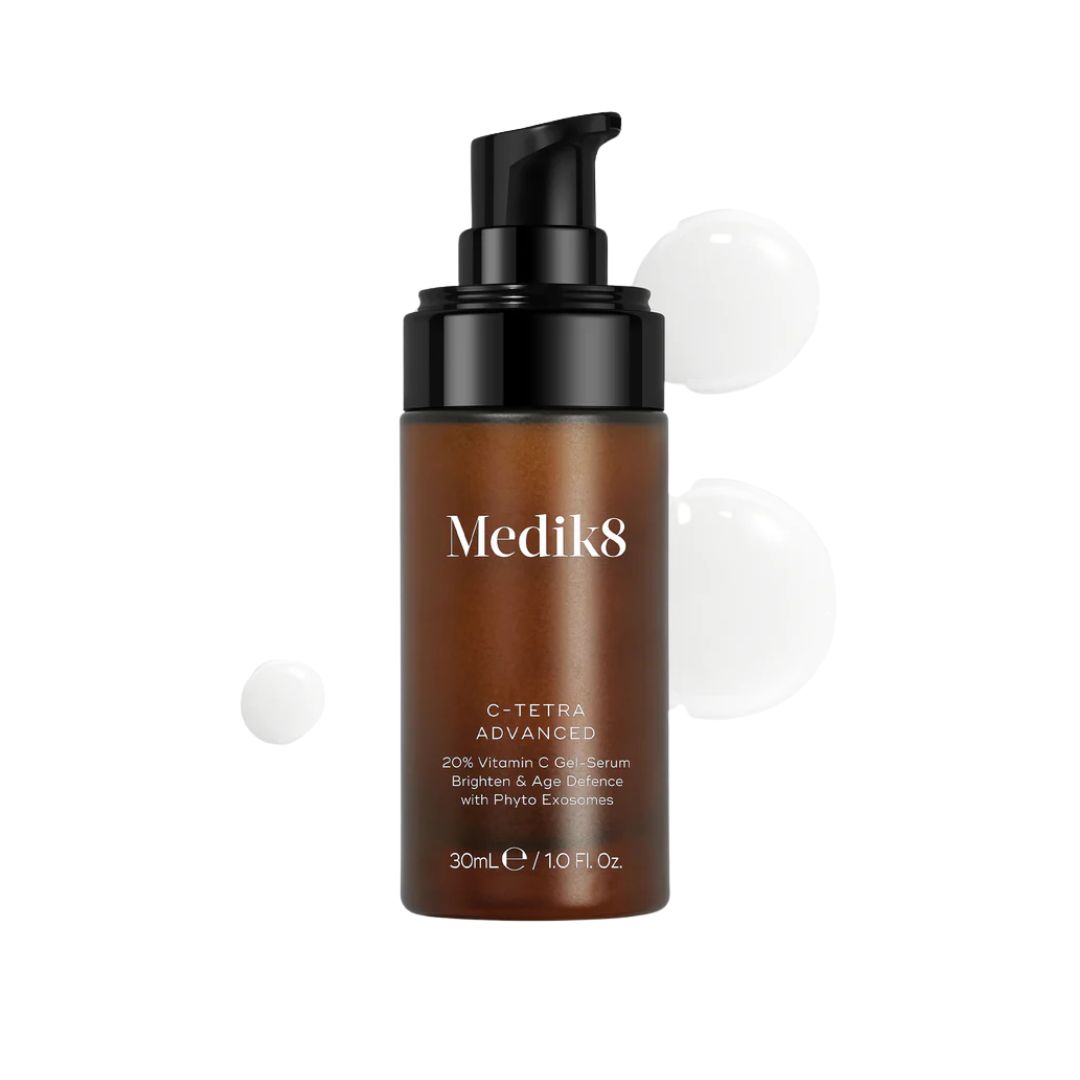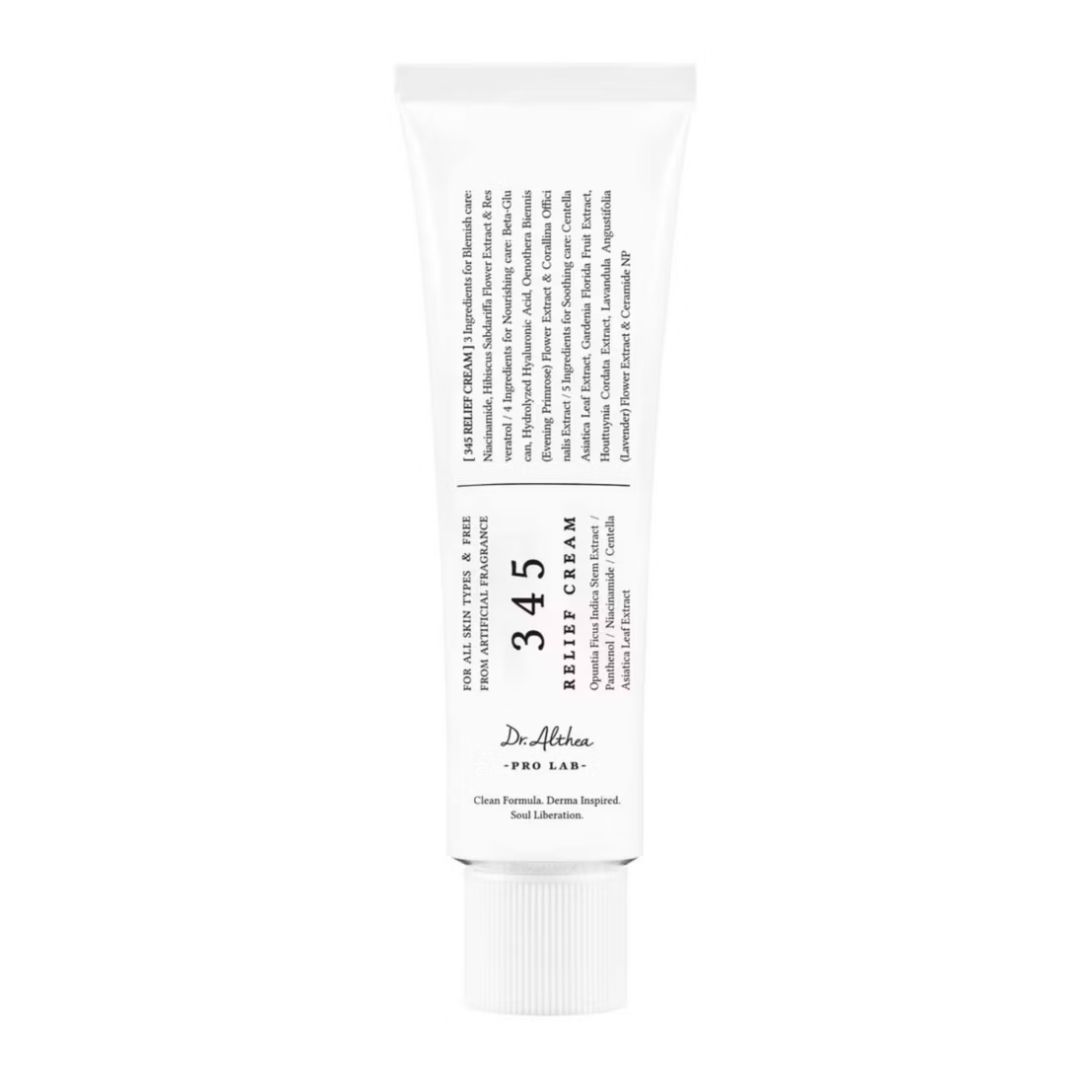Can Your Skin Type Change Over Time? Three Derms Weigh In on the Signs to Look out for
Plus, how to adjust your skincare accordingly

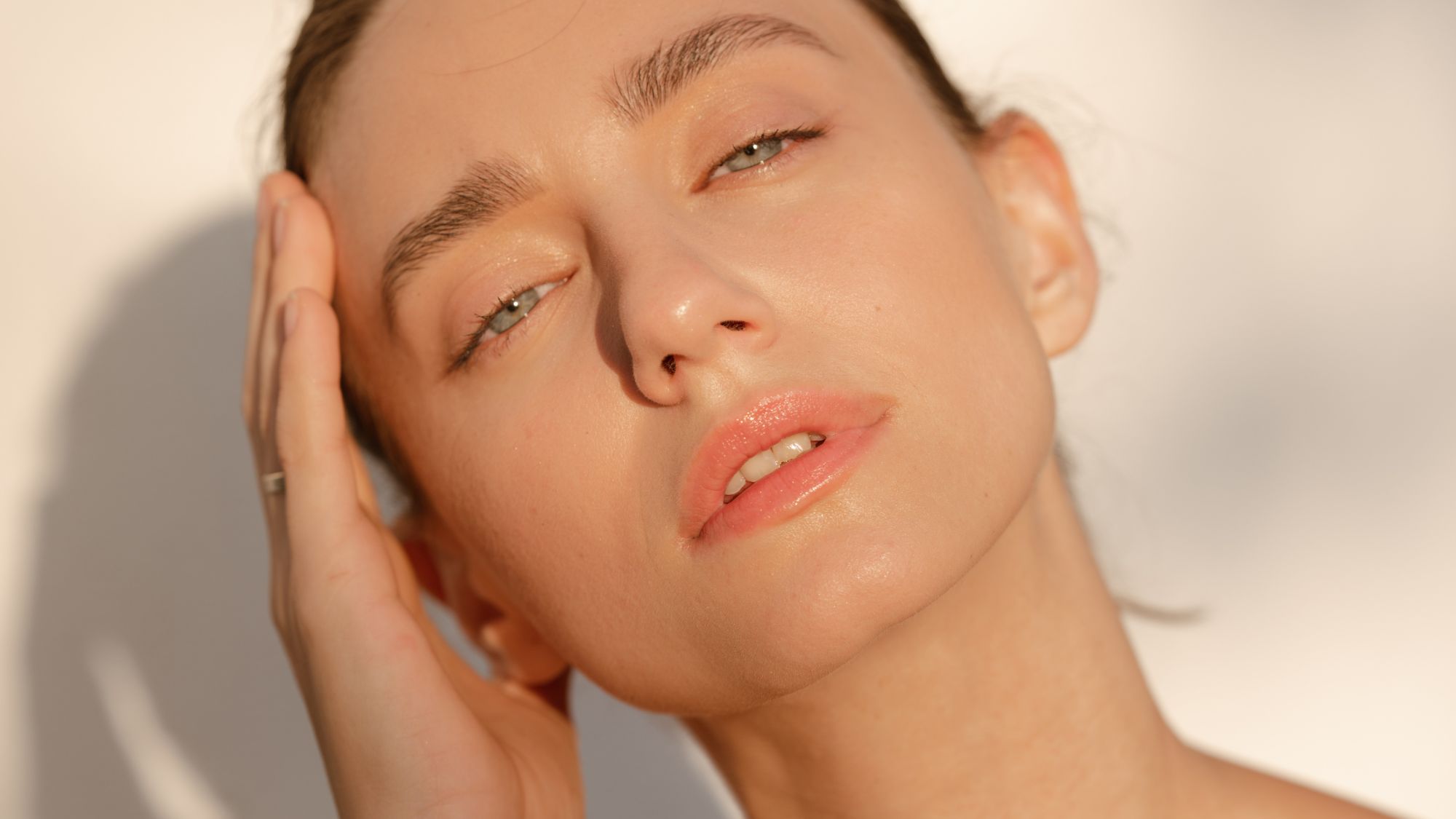
Earlier this month, I took a hard look at my skincare shelf and realised that some of my once-beloved products — the ones I used to swear by—were no longer there. And no, it’s not because I haven’t repurchased them. The truth is painfully simple: they just stopped working as they once did.
But as I tried to find a common denominator, I only became more confused—there wasn’t a clear pattern as to when it started happening. Some products I’d parted with recently (six months ago, if we’re counting), while others I hadn’t touched in over half a decade. Which made me wonder: had my skin actually changed to the point where it needed a totally new approach? And more importantly, was it possible that my skin type had an unexpected switch-up?
The more I thought about it, the more it surprised me that I hadn’t really thought about this before. And then it hit me: we wear our skin types like badges of honour—with the same conviction as if we were assigned one at birth, or at the very least, by the sorting hat from Harry Potter. Just one scroll through #SkinTok will reveal hundreds of creators treating their skin type as part of their identity, each with an elaborate routine to match. But what if our skin types could change?
As a beauty journalist, solving a good ol’ skincare mystery is one of my favourite pastimes. So, naturally, I turned to my little black book of skincare experts and contacted some of the best dermatologists I know to help separate fact from fiction—and find out whether our skin types can actually shift over time and how to adjust your routine accordingly, if they do.

Are we "born" with one skin type?
"The idea that we're "born" with one fixed skin type is more of an oversimplification than a myth," says Dr. Alicia Gonzalez-Fernandez, aesthetic doctor at Beyond Medispa Skin Clinic. "While it is true that certain skin characteristics (like oil production, sensitivity, or tendency toward dryness) can be influenced by genetic factors, your skin type is certainly not fixed. Your skin is a living, dynamic organ that changes over time due to various factors," she explains.
Meanwhile, Dr. Christine Hall, GMC registered general practitioner in medical aesthetics, shares that factors like "hormones, climate, lifestyle and age all play a role in how our skin behaves."
"So while you might start out with oily skin in your teens, you could develop combination or dry skin later in life. It’s less about being born with one 'permanent' type and more about how your skin evolves in response to internal and external changes."
Celebrity news, beauty, fashion advice, and fascinating features, delivered straight to your inbox!
What are the contributing factors to changes in our skin?
According to Dr. Maryam Zamani, facial aesthetics and oculoplastic surgeon as well as founder of MZ Skin, "clinical studies have shown that sebum production can fluctuate depending on the time of year, with higher levels typically observed in the summer months, particularly in the T-zone (forehead, nose, and chin)."
"These seasonal variations can cause skin that is normally balanced to appear oily or dry, depending on the climate and humidity. Exposure to central heating, air conditioning, UV radiation,and pollution can also temporarily alter skin hydration and barrier function," she adds.
Elsewhere, Dr. Hall points out that "hormonal shifts, such as puberty, pregnancy or menopause can significantly affect oil production and sensitivity throughout our lives."
"Diet and hydration levels, lack of sleep and even medications or medical conditions can cause fluctuations in skin types or conditions," she explains. In fact, she also points out that the changes to our skin could even be attributed to certain lifestyle choices such as smoking, alcohol consumption or lack of exercise. "Stress is another major factor," explains Dr. Zamani. "Chronic stress elevates cortisol levels, which can disrupt the skin’s barrier, reduce collagen production and increase inflammation, leading to flare-ups or slower healing."
"Altogether, these factors contribute to how skin changes not just over years but even month-to-month or week-to-week, making it important to adapt skincare routines and wellness strategies accordingly," she adds.
Can our skin type change as we age?
"In adolescence, skin is often oilier due to hormonal surges, which is why acne is common during the teen years," shares Dr. Hall. Meanwhile, "in our 20s and 30s, hormones usually stabilise, but lifestyle factors like stress, alcohol and lack of sleep can influence skin condition."
"Research suggests that collagen decreases by about one percent per year starting in the mid-thirties, contributing to thinner skin, increased dryness and reduced elasticity," explains Dr. Zamani. "This stage is often marked by heightened sensitivity, more pronounced fine lines, age spots and a gradual loss of volume in the dermis, particularly around the eyes, mouth and jawline," she adds. In contrast, post-menopausal skin is often drier, less firm and more prone to barrier disruption.
She stresses that "understanding these shifts is critical to adapting skincare routines with each phase of life—for example, introducing retinoids for cell turnover, antioxidants for protection and richer moisturisers to support hydration and skin barrier integrity."
Can ingredients lead to a change in skin type?
"Long-term use of certain skincare ingredients can indeed lead to changes in your skin — for good and for bad," shares Dr. Gonzalez-Fernandez. For example, "actives like retinoids, AHAs/BHAs, benzoyl peroxide are all effective ingredients, but when overused or used incorrectly, they can compromise the skin barrier, leading to increased dryness, redness and sensitivity or reactivity."
Elsewhere, "oil-regulating ingredients like niacinamide, salicylic acid, zinc and green tea extract can regulate sebum production with consistent use." In a similar way, Dr. Gonzalez-Fernandez also explains that "dry or irritated skin may shift toward a more balanced, healthy state" by implementing barrier-repairing ingredients such as "ceramides, hyaluronic acid, glycerin, niacinamide and squalane."
"This is why proper formulation, dosage and routine consistency are essential," adds Dr. Zamani. "While skincare alone may not permanently change your skin type, it can significantly influence how your skin behaves and responds, especially when used consistently over time," she says.
Could a change in skin type be temporary?
"Temporary changes—like dehydration after a long flight, breakouts due to stress or dryness from cold weather—tend to resolve once the triggering factor is removed," says Dr. Hall. She points out that "a true change in skin type tends to be more persistent and less situational. If your skin has felt significantly drier, oilier or more sensitive for several months despite using your usual routine, it could be time to reassess your skin type."
"Another common indicator is when products that previously worked well begin to cause discomfort, reduced effectiveness or unexpected reactions such as redness or stinging," Dr. Zamani adds. "In response, skincare routines should be adjusted to better support the skin’s current condition. If skin has become drier or more sensitive, it is beneficial to reduce exfoliant frequency and incorporate ingredients that support hydration and barrier repair, such as ceramides, hyaluronic acid or soothing agents like panthenol."
And if your skin has become oilier or more prone to breakouts, the doctor suggests "switching to lighter, non-comedogenic moisturisers, balancing cleansers or products with oil-regulating actives like niacinamide or salicylic acid. Regularly observing changes in how your skin looks and feels—both immediately after product use and over time—is essential in maintaining a routine that adapts to your skin’s evolving need."
What do I need to avoid if I observe changes to my skin?
"Avoid self-diagnosing without professional input," reiterates Dr. Gonzalez-Fernandez. If you observe any major changes that are impossible to ignore, she recommends consulting with your GP or dermatologist before attempting to make any significant changes to your routine.
Dr. Hall also recommends steering clear of using "too many products at once." In fact, she says that doing so "can confuse your skin further. Instead, simplify your routine and focus on hydration and barrier repair, especially if you’re unsure of what’s happening. Avoid harsh scrubs, alcohol-based toners, or strong actives until your skin stabilises."

Denise is an award-winning beauty journalist with years of experience in the industry, writing about everything from makeup and skincare to perfume and haircare. Having interviewed celebrities like Khloe Kardashian and Winnie Harlow, Denise's vast writing portfolio also includes a number of product reviews, buying guides, first-person features and deep-dive explainers.
